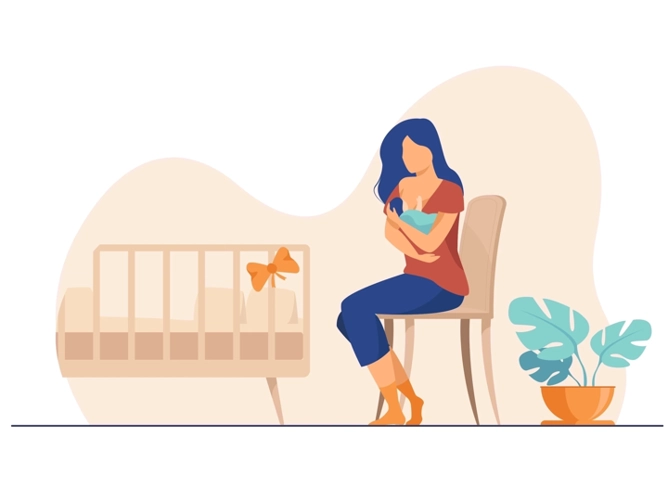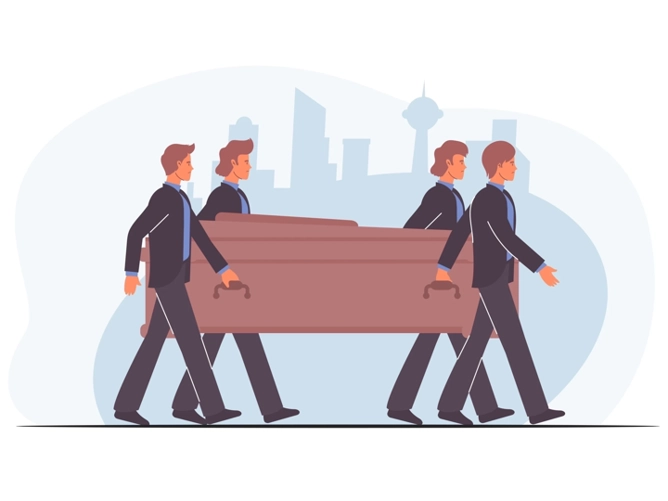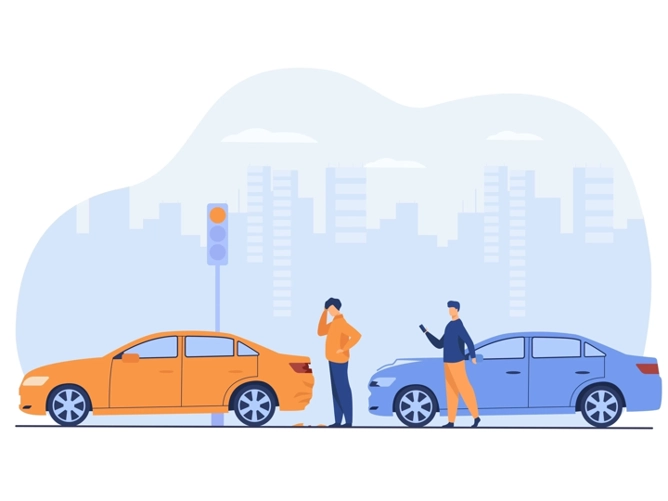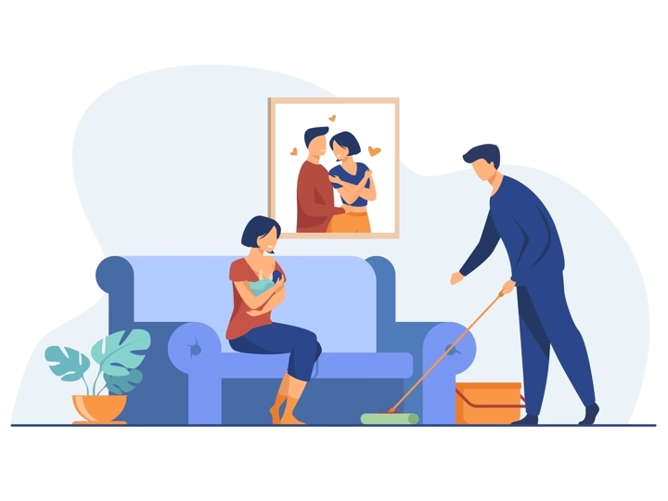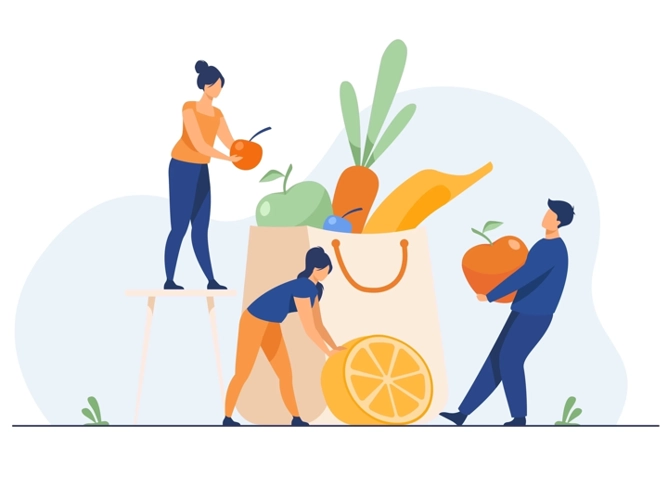
Expat Guide to Recycling in Germany
Expat Guide to Recycling in Germany
Expat Guide to Recycling in Germany: Mastering Mülltrennung, the Pfand System, and Waste Separation
Expat guide to German recycling culture.
Introduction
Did you ever stand in front of a rainbow array of bins in Germany, clutching a yogurt pot, and wonder, “Where does this go?” If so, you’re not alone! For expats and newcomers, Germany’s meticulous recycling rules—from the color-coded bin system to the legendary Pfand deposit scheme—can be as confusing as the language itself. Yet, understanding how waste separation works is more than a bureaucratic hurdle: it’s an essential rite of passage for seamless integration and social acceptance in your new German home.
At liveingermany.de, we’ve helped thousands of expats decode these systems with practical, research-backed guides. In this comprehensive article, you’ll learn how recycling rules in Germany shape daily life, what the Pfand system is all about, tips for avoiding common mistakes, and how to make eco-friendly living second nature.
The Expat Challenge: Why Recycling in Germany Feels Different
When moving to Germany, you expect a bit of culture shock. But few anticipate that one of the trickiest adjustments involves… taking out the trash! The ubiquity of recycling rules, the importance of proper waste separation, and the existence of returnable bottles (Pfand) are woven into the fabric of German society.
Fellow expat Lara recalls her bewilderment:
“On my first day, my landlord gave me a recycling leaflet thicker than my tenancy contract. At first, I thought it was overkill. But one wrong banana peel in the Restmüll, and my neighbor was knocking to explain the ‘right way’!”
This emotional pressure—plus the threat of fines for incorrect sorting—makes getting recycling right a big deal for expats. More than just a legal requirement, it’s key to being accepted in your building and feeling at home.
How Germany’s Advanced Recycling System Works
Key Features of Recycling in Germany
Germany boasts one of the world’s most advanced, strictly enforced recycling systems (source). Households must separate waste into several types, each managed by dedicated collection systems (source).
1. The Color-Coded Bin System
Each household and public space is equipped with color-coded bins. Here’s what goes where:
| Bin Color | Waste Type | Examples |
|---|---|---|
| Blue | Paper & Cardboard | Newspapers, boxes, books |
| Yellow/Orange | Plastic/Metal/Composite Packaging | Yogurt pots, drink cartons, tins |
| Brown/Green | Biodegradable/Organic (“Biomüll”) | Food scraps, coffee grounds, garden waste |
| Grey | Non-recyclable (“Restmüll”) | Diapers, ceramics, hygiene items |
| Glass bins | Glass by color | Bottles, jars (sorted: brown, green, white) |
- Paper (Blue Bin): Collects newspapers, office paper, cardboard and flattened boxes. Keep it dry and free of plastics.
- Yellow or Orange Bin (“Wertstofftonne” / “Gelbe Tonne” / “Gelber Sack”): For packaging made of plastic, metal, and composites (e.g., yogurt pots, tins, drink cartons, plastic wrappers). Rinse containers before disposal to aid sorting and prevent smells (source).
- Glass Containers (“Glascontainer”): Sort by color: brown, green, and white. Not all residences have these bins—glass is often taken to street-side public containers. Only deposit non-refundable glass here.
- Organic (Brown Bin): For biodegradable waste (leftovers, peels, garden waste).
- General Waste (Grey Bin): Everything else (sanitary items, diapers, broken ceramics, textiles).
Important: Electronics, batteries, and hazardous or bulky waste must NEVER go in these bins; use municipal drop-off centers.
2. The Pfand System: What Belongs, and How It Works
Don’t be surprised if your bottles and cans don’t go in your own bins! The “Pfand” deposit system applies to most beverage bottles (plastic & glass) and cans (source). - Return Pfand-marked bottles and cans to the supermarket Pfandautomaten (deposit machines) to reclaim your deposit (usually €0.08–€0.25 per item). - Non-Pfand glass is sorted into the glass bins by color. - Always check for the Pfand logo—don’t throw deposit bottles into bins!
3. Mülltrennung: Strict Waste Separation
“Mülltrennung” (waste separation) is not optional. Mistakes may result in: - Fines from municipalities - Issues with landlords or property managers - Neighbors pointing out errors
Waste collection rules and bin schedules may vary, so check your municipality’s guidelines and the signage on bins for local specifics (source), especially for ambiguous items.
Practical Tips for Expats: Mastering Everyday Recycling
Moving beyond the “rules,” here’s how to make recycling second nature and avoid common pitfalls:
1. Check Local Guidelines
Waste policies differ by city and even building. Consult: - Local municipal leaflets (you’ll often receive these upon moving in) - Information pasted on or near your building’s bins - Your landlord or neighbors if unsure—asking questions signals your willingness to integrate!
2. Keep Bins Clean
Rinse recyclables (plastics, cans, glass) to reduce odor and aid professional sorting. This small courtesy prevents neighbor complaints and deters pests.
3. Return Your Pfand Items
Set aside Pfand bottles and cans and bring them to supermarket machines on your next shopping trip. The deposit system isn’t just eco-friendly—it saves you money!
Need help keeping your paperwork and rental deposits hassle-free? Many expats trust services that streamline daily life and ensure compliance. For example:
Need a reliable proof of credit history for renting or getting utilities in Germany? Try Schufa Free—the easiest way to get your official credit report online. Check your status now
(Affiliate link – we may earn a commission at no extra cost to you.)
4. Dispose of Special Waste Properly
Larger and hazardous items (electronics, batteries, paint, appliances) must be taken to special drop-off points or recycling centers (Wertstoffhof). Local authorities often run regular collection days for bulky waste (“Sperrmüll”).
5. Social Pressure and Fines
Sorting incorrectly is visible—bins are checked, and routing mistakes can lead to fines or embarrassed knocks at your door. Don’t stress: mistakes happen, but making an effort is always respected.
Reflective Expat Questions and Tips
- What’s the biggest hurdle you’ve faced adjusting to Germany’s recycling etiquette?
- Have you found ways to reduce your packaging waste—using local repair cafés or swap events?
- Are you familiar with “zero-waste” or donation centers nearby? Ask around—these resources abound in most German cities.
Pro tip: Download your municipality’s app (if available) for pickup reminders and sorting info, or join local expat forums for real-world tips!
The Impact: Why Germany Leads in Recycling
Germany recycles 56–68% of its waste, setting the gold standard internationally (source; source). This wasn’t achieved overnight—it’s a result of: - Strong legislation and enforcement - Widespread public buy-in (almost cultural!) - Local initiatives, like repair shops, reuse markets, and educational outreach
Your efforts matter. By participating fully, expats help sustain this success and gain credibility as thoughtful neighbors.
Live in Germany’s Expertise: Your Partner in Sustainable Living
Liveingermany.de is dedicated to making life easier for internationals adjusting to Germany’s systems—from recycling and bureaucracy to housing and language. Our guides are written by expats who have faced these same challenges, and improved by community feedback from thousands of members.
Here you’ll find: - Up-to-date step-by-step guides (recycling, Anmeldung, banking, insurance, and more) - Checklists for every key process - A supportive expat community to share tips and advice
Trusted by over 10,000 expats and internationals, our mission is to help you thrive—not just survive—in Germany.
Quick Action Steps for New Arrivals
- Learn your local bin colors and rules ASAP.
- Set aside a bag or box for Pfand bottles and cans.
- Consult detailed, municipality-provided guides (usually available in English).
- When in doubt, ask a neighbor or your Hausmeister (building manager).
Mastering Germany’s recycling system isn’t just about avoiding fines; it’s about becoming part of everyday life. Your neighbors—and the planet—will thank you!
Contextual Affiliate Recommendations
To help you adapt and stay organized, consider these expat-friendly services:
Protect your belongings—expat life can be unpredictable! Get Household Contents Insurance with Feather for complete peace of mind, in English and tailored for international residents. Find out more
(Affiliate link – we may earn a commission at no extra cost to you.)Need a fast, English-friendly credit check for new rentals or phone contracts? Schufa Free can help you secure your paperwork hassle-free. Get started
(Affiliate link – we may earn a commission at no extra cost to you.)
Sources:
- lingoda.com
- blackforestfamily.com
- recyclingbins.co.uk
- how-to-germany.com
- earth.org
- germanyinusa.com
- expatica.com
Data verified as of 2025.
Ready to become a recycling pro? Explore our full library of tips, community groups, and essential apps at liveingermany.de and start building your sustainable life in Germany today!
FAQs: Recycling Rules, Pfand, and Waste Separation in Germany
How does recycling work in Germany?
Recycling is based on strict waste separation (“Mülltrennung”) into color-coded bins for paper, packaging, organic, rest waste, and glass (by color). Each municipality may have slightly different rules, but correct sorting is mandatory. Recyclables should be clean; organics go in the “Biomüll,” glass is dropped off at public containers (sorted by color), and general waste (“Restmüll”) is for non-recyclables only.
What is the Pfand system?
The Pfand system is a deposit scheme for beverage bottles and cans. When you buy drinks in bottles or cans marked with the Pfand symbol, part of the price (€0.08–€0.25) is a deposit which you get back by returning the empties to supermarket machines. Non-deposit glass and plastics go in public bins; never throw Pfand bottles into regular recycling.

Jibran Shahid
Hi, I am Jibran, your fellow expat living in Germany since 2014. With over 10 years of personal and professional experience navigating life as a foreigner, I am dedicated to providing well-researched and practical guides to help you settle and thrive in Germany. Whether you are looking for advice on bureaucracy, accommodation, jobs, or cultural integration, I have got you covered with tips and insights tailored specifically for expats. Join me on my journey as I share valuable information to make your life in Germany easier and more enjoyable.

